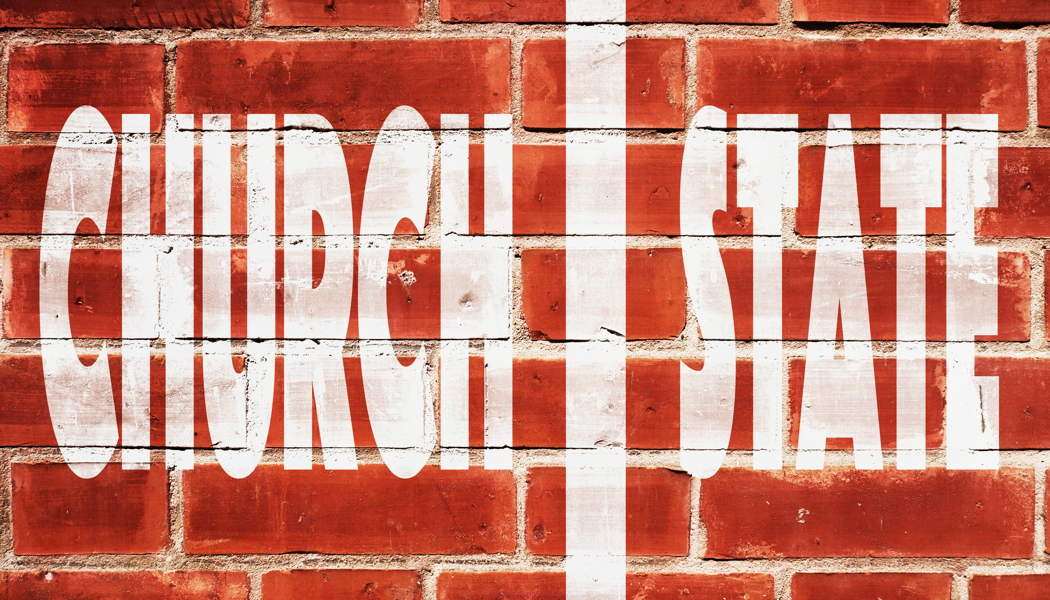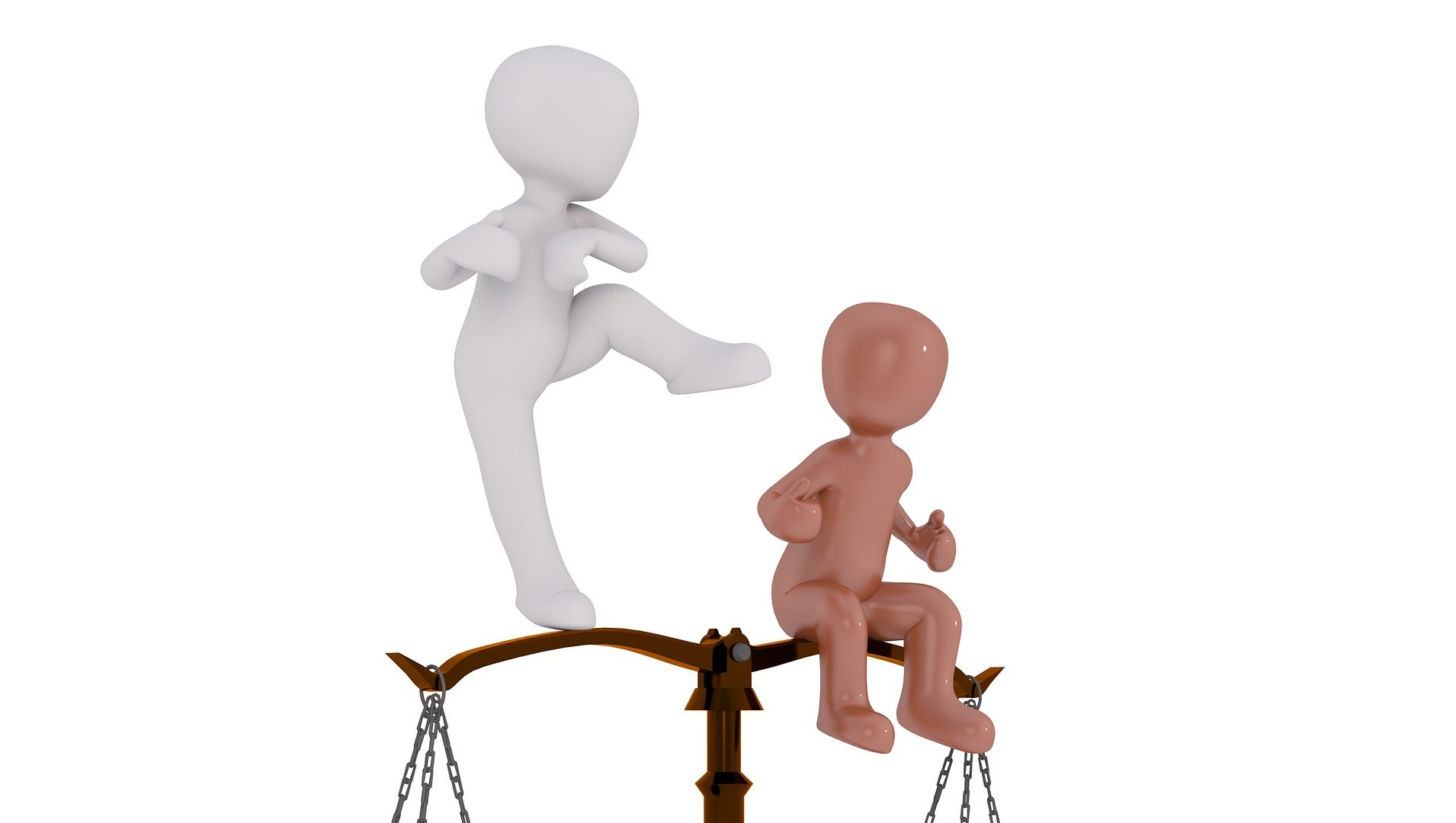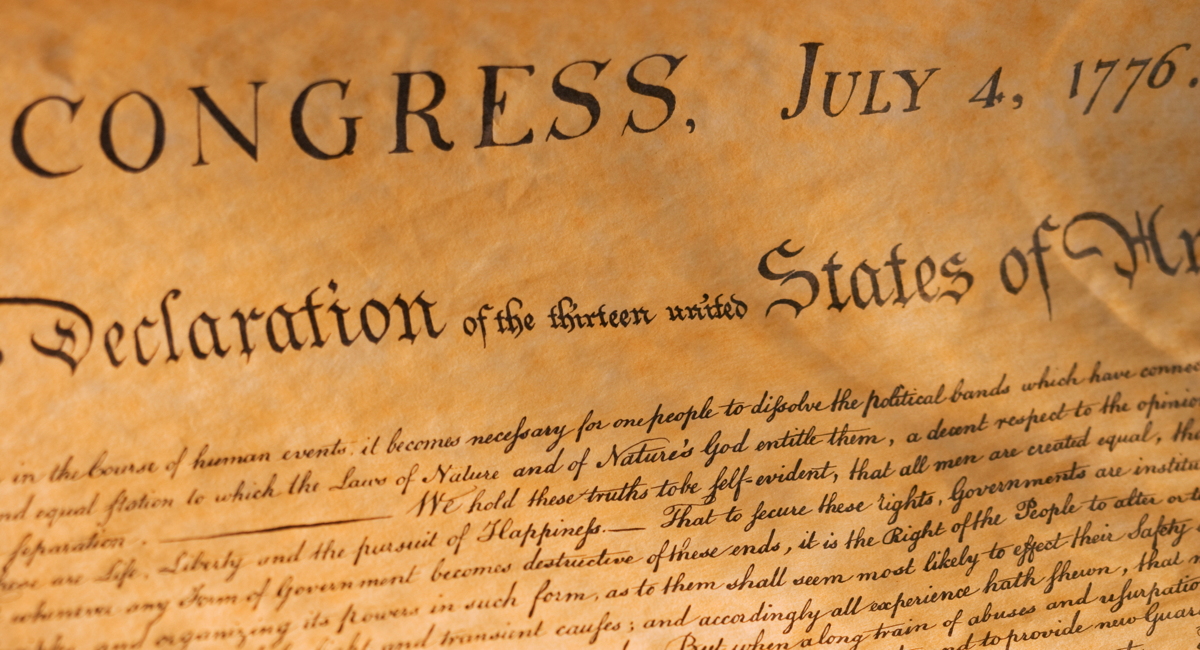The natural rights perspective that I have labeled Temporal Rights makes everything simple. The present contest between government and religion is no exception. The nut of the issue is found in the natural rights of the people.
The Constitution
Arguments in this old discussion necessarily involve law: what is good law and what is bad. The wall of separation is a legal construct that permeates both the discussions and the relevant laws. Let’s get to the bottom.
In spite of the fact that many have said the US Constitution is based on an antiquated agrarian society, and other frivolous theories, it was and is designed to protect the natural rights of the citizen. That this was the intent of the founders is clear in the Preamble. So, in a nutshell, the Constitution is about the nature of the human being and is based on the rights that it exhibits. It is based on human nature.
The Temporal Rights paradigm says that rights of operators in the universe are evidenced by their powers, and that all activities are the result of a conflict of rights. Morality is therefore defined by the application of justice to these conflicts.
So, the US Constitution is a moral statement designed to protect a citizen’s natural rights from the natural powers of government agents.
The Nature of Religion
Here we inject the notion and nature of religion into the context just described. The human being is not only capable of imagining deities, and lack thereof, but also of attributing all sorts of activities that show interest of lack thereof by these gods. These points of view, once established in the mind and especially in the heart, profoundly affect the judgement of the citizen and cause him to value certain conditions and activities higher than others. These values, in turn, tell him what is good and what is bad. These considerations are the essence of all worldviews, philosophies of life, opinions of value, and religions.
That none of these points of view is able to prove its superiority establishes the fact that they are all held as matters of opinion, belief, and faith. They are all equally religious.
In spite of our handicapped semantics that pushes believers (in a deity) into the religious group and the others, by faulty inference, into the nonreligious group, we need to recognize that these differing worldviews act on our value systems exactly as a (commonly called) religion does. (These needed parathesis dramatize the problems in our religious semantics.) This means that all worldviews are religions (as far as laws are concerned). The Temporal Rights paradigm recognizes the natural rights of people to have their individual philosophy of life.
The so-called wall of separation between church and state is therefore founded on a false, believer/nonbeliever dichotomy that has divided and aggravated us to no end. That SCOTUS finds itself in constant dilemmas with these issues is to be expected while these semantic confusions rule.
Legislation Based on Religion
When a legislator drafts a law with moral or aesthetic implications, he has in mind some public good, but what is good is determined by his value system, which in turn is determined by his religion (worldview, philosophy, etc). That means he is unable to draft such laws from a purely secular viewpoint, and that all such legislation is based on some religion. This is a fundamental reality that is unavoidable because of the nature of human nature.
This is the semantic blind spot in our jurisprudence that prevents the proper framing of the issues of church and state.
We can’t have a reasonable and stable jurisprudence based on the vagaries of language. It is necessary that we get past the words and see what is! This wall not only failed to keep religion out of legislation, but it also directed the legislative process to establish atheism as the official state religion.
Jefferson on Church and State
Justice Black’s wall came from Jefferson’s letter to the Danbury Baptists which reads in part, “Believing with you that religion is a matter which lies solely between Man & his God, that he owes account to none other for his faith or his worship, that the legitimate powers of government reach actions only, & not opinions, I contemplate with sovereign reverence that act of the whole American people which declared that their legislature should “make no law respecting an establishment of religion, or prohibiting the free exercise thereof,” thus building a wall of separation between Church & State.”
That we should interpret this off-hand statement as a declaration of a legal principle to be followed in jurisprudence has to be audacious indeed!
In President Thomas Jefferson’s second inaugural address, he supported religion and even suggested that a state might establish one. He said, “In matters of religion, I have considered that its free exercise is placed by the Constitution independent of the powers of the general government. I have therefore undertaken, on no occasion, to prescribe the religious exercises suited to it; but have left them, as the Constitution found them, under the direction and discipline of state or church authorities acknowledged by the several religious societies.”
Tear Down This Wall
Walls are designed to divide, and this one has done it: dividing our country into two camps and setting them against one another. It needs to come down.
It is an imaginary wall supported by a semantic glitch hidden in a false dichotomy and supported by a misunderstanding of Jefferson’s intent with his letter to the Danbury Baptist Association.
Our Founders dealt with these matters under an entirely different paradigm. They recognized that their laws were guided by their religious faith in freedom as the best way to unleash the creativity and ambition of the citizen. They wanted the state to not only accommodate religion but to encourage it. Indeed, their opinion was that religion was the best hope to train people to voluntarily obey the law so that freedom could reign uninhibited by the need for a police state. Our government has been forced to move dangerously close to this, at least in part, because this unfounded wall has taken God out of our schools and out of the public square. We are suffering from the false believer/nonbeliever dichotomy that pervades our thinking and deludes the entire commonwealth with the false perception that science is superior to religion, while in fact, in establishing peace and tranquility science stands virtually helpless and religion alone supports honor, beauty, repect, and reverence for the rights of others.
If we continue on our present course and leave this artificial wall in place, we will surely destroy ourselves. A change of paradigm to accommodation could end the conflict between believer and nonbeliever, maybe once and for all.




